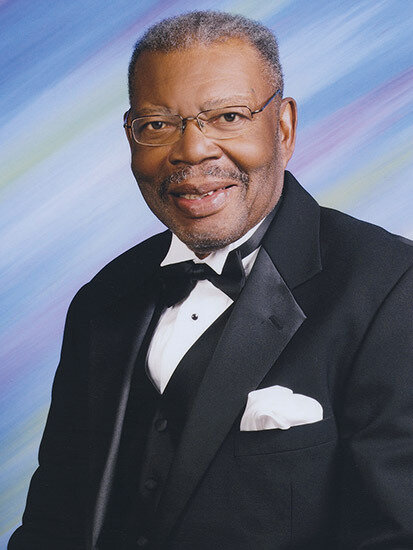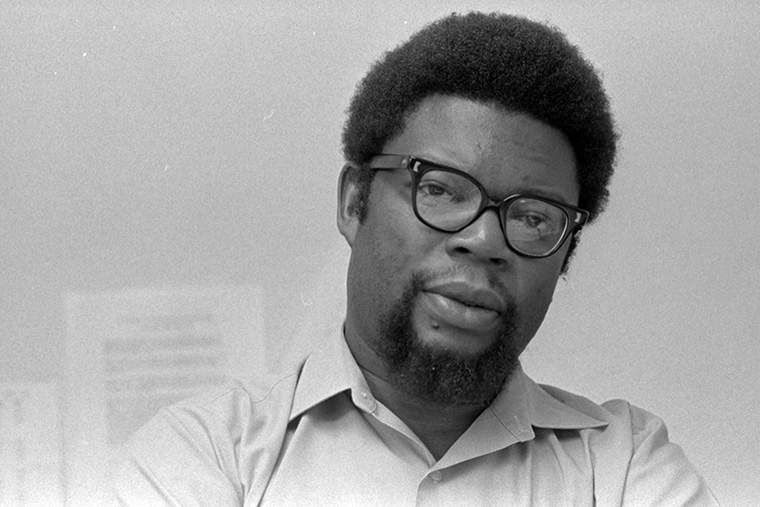
Robert L. Williams, II (February 20, 1930 – August 12, 2020)
Dr. Williams was born in Biscoe, Arkansas, and attended high school in Little Rock. Results of a high school aptitude test pointed him toward a career in manual labor rather than college, which impacted his confidence to pursue higher education. Nevertheless, Dr. Williams graduated high school at age 16 and spent a year in community college before transferring to nearby Philander Smith College, where he earned his bachelor’s degree in 1953. He earned his master’s of education in psychology from Wayne State University in 1955. He was

subsequently hired as the first African American staff psychologist at Arkansas State Hospital. He received a doctorate in clinical psychology in 1961 from Washington University. Dr. Williams’ illustrious career included appointments as assistant chief psychologist at the Jefferson Barracks VA Hospital; director of a hospital improvement project in Spokane, WA; and a consultant for the National Institute of Mental Health. Dr. Williams was a founding member of the Association of Black Psychologists (serving as the organization’s president from 1969-1970) and co-founded Washington University’s Black Studies program after returning to the university in 1970.
Dr. Williams’ work included a focus on bias in standardized testing. He created the Black Intelligence Test of Cultural Homogeneity (1972) to highlight the cultural biases that impacted the test scores of children of color who took widely available standardized tests. In groups of black and white children who took the test, black children outperformed white children across multiple samples. His work also highlighted cultural differences in language, coining the term Ebonics, now more commonly referred to as African American Vernacular English (AAVA), at a conference on “The Cognitive and Language Development of Black Children.” He also wrote about an Afrocentric theory of black personality and racial scripting.
Reference: Otten, L., (2020). Obituary: Robert L. Williams II, founding director of Black Studies program, 90.
The Source.